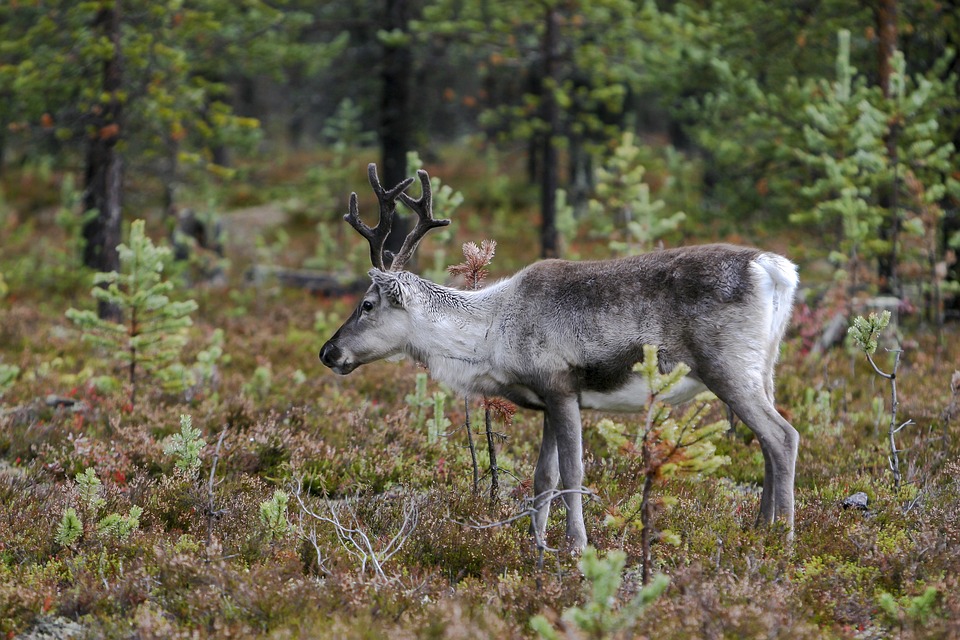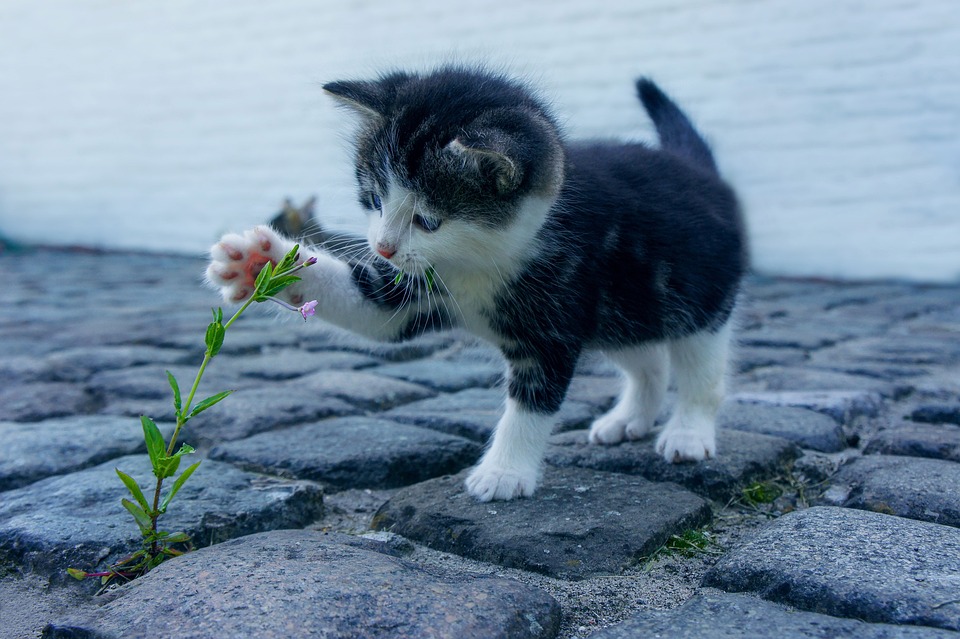Wildlife biologists and zoologists are professionals who study animals and their interactions with their ecosystems. They play a crucial role in understanding and conserving wildlife populations and their habitats. Wildlife biologists typically focus on specific ecosystems or wildlife populations, while zoologists narrow their research to specific types of animals, such as monkeys or birds. Both professions require a bachelor’s degree in biology, wildlife biology, or zoology, with advanced degrees often necessary for more specialized work or teaching positions.
Wildlife conservationists are dedicated to protecting vulnerable wildlife species. They engage in various activities such as fieldwork, laboratory research, consulting, and policy advocacy. To become a wildlife conservationist, a bachelor’s degree in biology, wildlife biology, zoology, or a related field is typically required, with a master’s degree in wildlife ecology or conservation being beneficial for career advancement.
Conservation officers are law enforcement officers responsible for protecting wildlife and the environment. They enforce environmental regulations, oversee recreation areas, conduct surveillance, investigate complaints, and more. To become a conservation officer, passing an exam is usually required, along with a bachelor’s or associate degree in a related field.
Field research assistants support wildlife biologists, conservation biologists, and other scientists in their research projects. They assist with literature reviews, data management, sample collection, and other hands-on research tasks. A bachelor’s degree in biology, zoology, or a similar field is typically necessary to become a field research assistant in a wildlife conservation-related field.
Marine rescue officers specialize in rescuing and rehabilitating injured, sick, or stranded marine animals. They play a crucial role in transporting animals to facilities for treatment and care. While more advanced positions may require a degree, starting in this career path often involves volunteering and internships to gain experience.
Wildlife rehabilitators care for injured and sick wild animals with the goal of releasing them back into the wild. They work closely with veterinarians to provide round-the-clock care and rehabilitation. Wildlife rehabilitators must obtain proper permits to house and rehabilitate wild animals legally. Volunteering at local rehabilitation centers and pursuing a degree in wildlife biology, zoology, ecology, or veterinary medicine are common paths to becoming a wildlife rehabilitator.
In conclusion, careers in wildlife biology, zoology, wildlife conservation, conservation enforcement, field research assistance, marine rescue, and wildlife rehabilitation offer diverse opportunities to work with and protect wildlife. Each profession plays a vital role in understanding, conserving, and rehabilitating wildlife populations for future generations to enjoy.





